Faye Wattleton, the First Black Planned Parenthood President, on Her Fight for Reproductive Rights
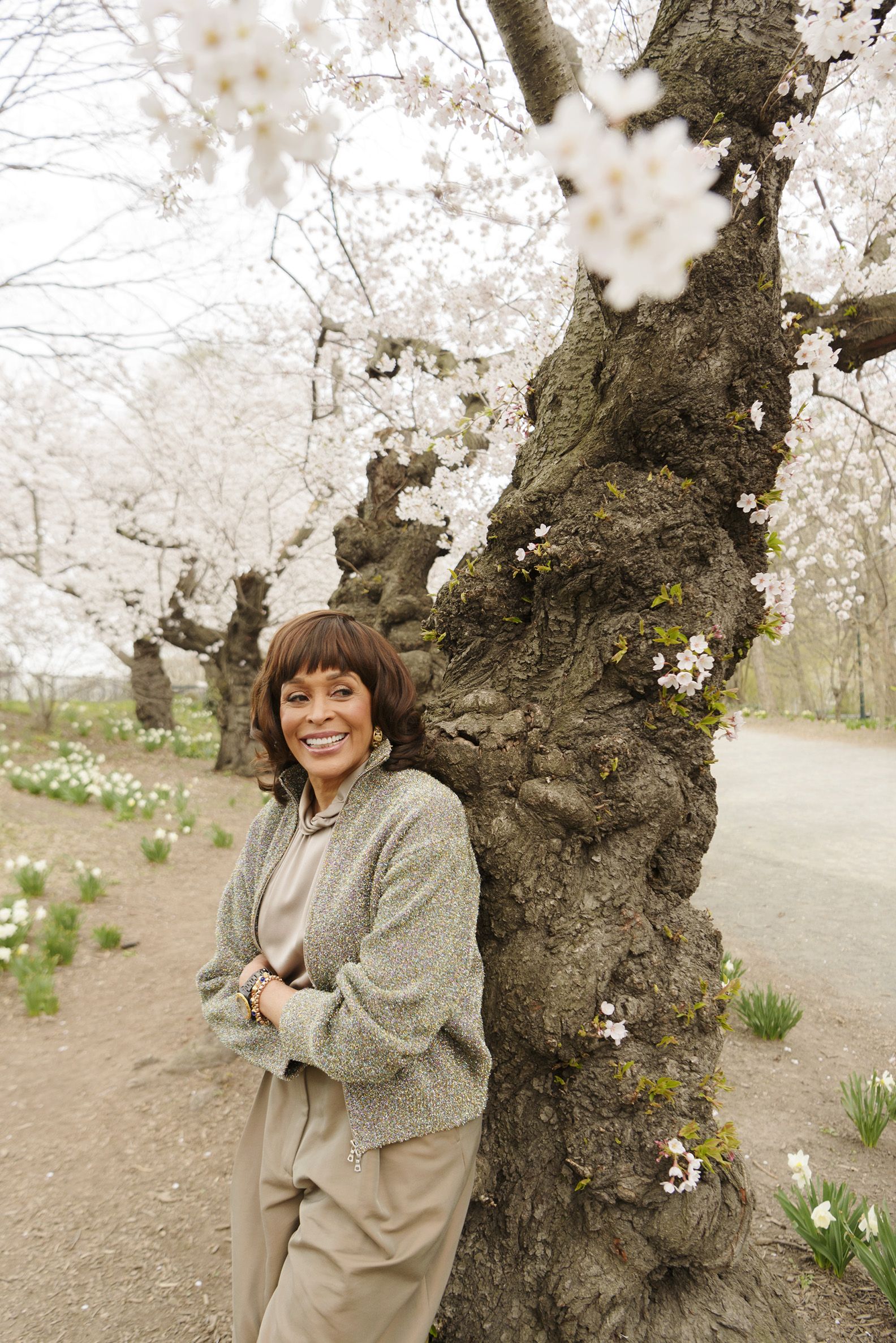
The first African American and youngest president of Planned Parenthood, Faye Wattleton spent decades advocating for women’s health and reproductive rights. She was interviewed by Rachel Williams, a political science major and communications minor at Alabama State University, about her experiences and the work that still needs to be done.
Rachel Williams: Did growing up in a strict religious household affect your views around sex and sex education?
Faye Wattleton: The Bible says to be fruitful and multiply, so there was really no sex education within my family, and at school, it focused on menstruation and not sexual development or healthy sexuality. Sex outside of marriage was viewed as sinful and condemned. But all of that did inform how I work to oppose the people who want to overturn reproductive rights—I understand their vernacular and way of thinking.
RW: How was your activism impacted by your education and time as a nurse?
FW: Had I not pursued the medical degrees and career that I did, I might have taken a very different path and probably wouldn’t have been open to a wider point of view and a world beyond what I grew up in.
RW: Religion can be a factor for many people in the reproductive rights discussion. What’s your point of view on that?
FW: What I think is worth highlighting is that my pastor mother’s teaching wasn’t that the government should impose its will. I never once heard her suggest that there should be laws to enforce religious tenets. But religion is still being used to circumscribe women’s behavior. As a nurse and midwife in the ’60s, I was exposed to low-income women at a time when they were injured and killed in an effort to control fertility—something to which it seems politicians today want to see us return. There is no question that as we go backward, those who will be most harmed are the people who don’t have the resources to overcome these obstacles, particularly women of color.
RW: As president of Planned Parenthood, you made a lot of strides, but it seems like there is still so much to do. What now?
“There is no question that as we go backward, those who will be most harmed are the people who don’t have the resources to overcome these obstacles, particularly women of color.”
FW: I think we really need to maintain perspective about how long this area of a woman’s life has been under attack. And it’s really important not to see this as a Planned Parenthood issue. It’s incumbent on every woman to see this as her issue. We’re not without power to change things, but we really have to take responsibility and get engaged to directly hold public officials accountable for stepping away from women’s bodies and leaving us to make the best decisions for our own lives.
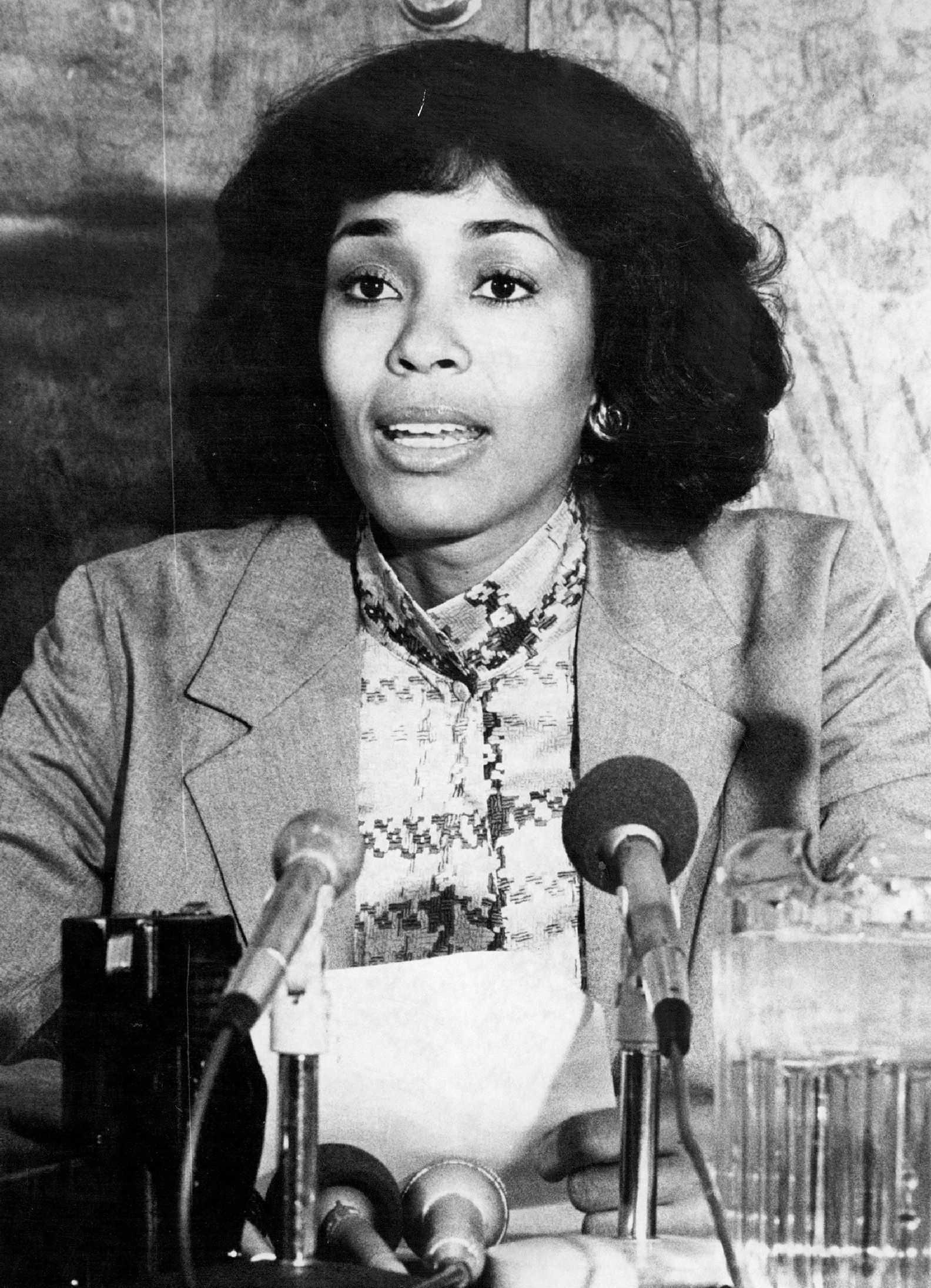
RW: Another area of women’s health where we see a lot of disparity is maternal mortality and how it disproportionately affects Black women. Can you speak to that?
FW: We have to take a more holistic approach to maternal mortality. The focus shouldn’t only be on childbearing as a woman’s role; it should look at health inequities across the board and how that foundation affects pregnancy. There is no reason for there to be a gap between those who have good health care and those who do not.
RW: What message do you want to send to women coming behind you who continue to fight for their rights?
FW: Recognize the long, difficult, and dangerous journey so far, and that there’s a great debt to pay. People have died defending and working to protect a woman’s right to control our own fertility. You can march, write to politicians, or give a few dollars, but each of us has the responsibility to take it up in whatever way we can.
About the Journalist and Photographer
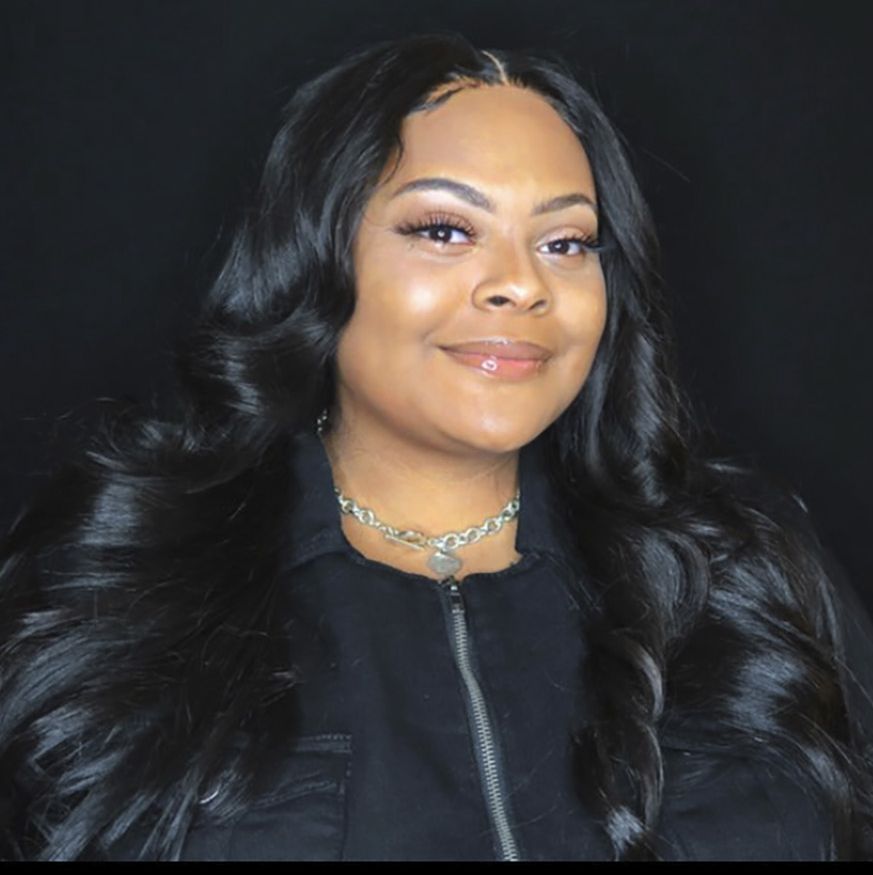
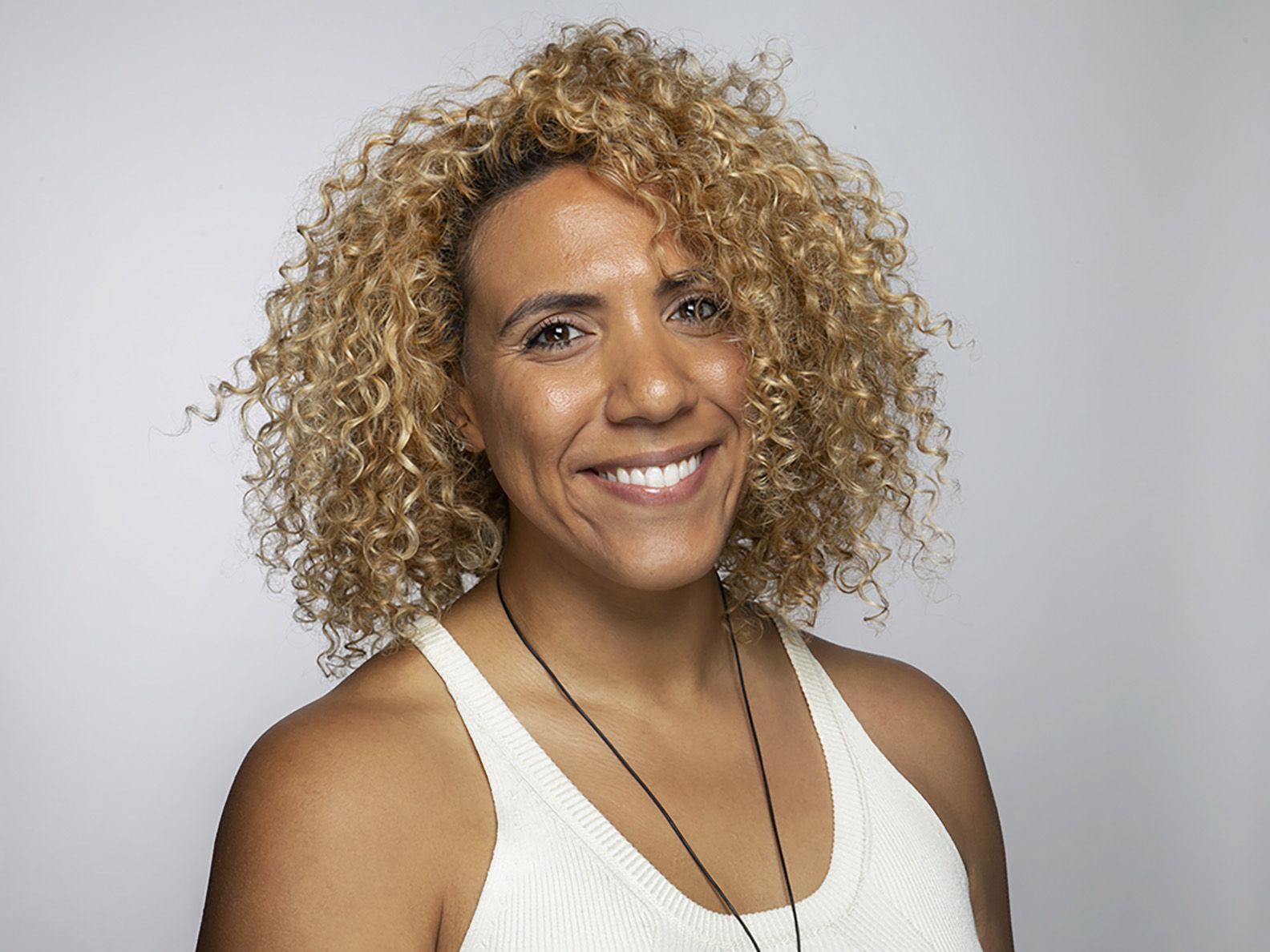
Turn Inspiration to Action
- Consider donating to the National Association of Black Journalists. You can direct your dollars to scholarships and fellowships that support the educational and professional development of aspiring young journalists.
- Support The National Caucus & Center on Black Aging. Dedicated to improving the quality of life of older African Americans, NCCBA’s educational programs arm them with the tools they need to advocate for themselves.
Credits: Tiffany L. Clark: Marzia Gamba
This story was created as part of Lift Every Voice, in partnership with Lexus. Lift Every Voice records the wisdom and life experiences of the oldest generation of Black Americans by connecting them with a new generation of Black journalists. The oral history series is running across Hearst magazine, newspaper, and television websites throughout 2021. Go to oprahdaily.com/lifteveryvoice for the complete portfolio.
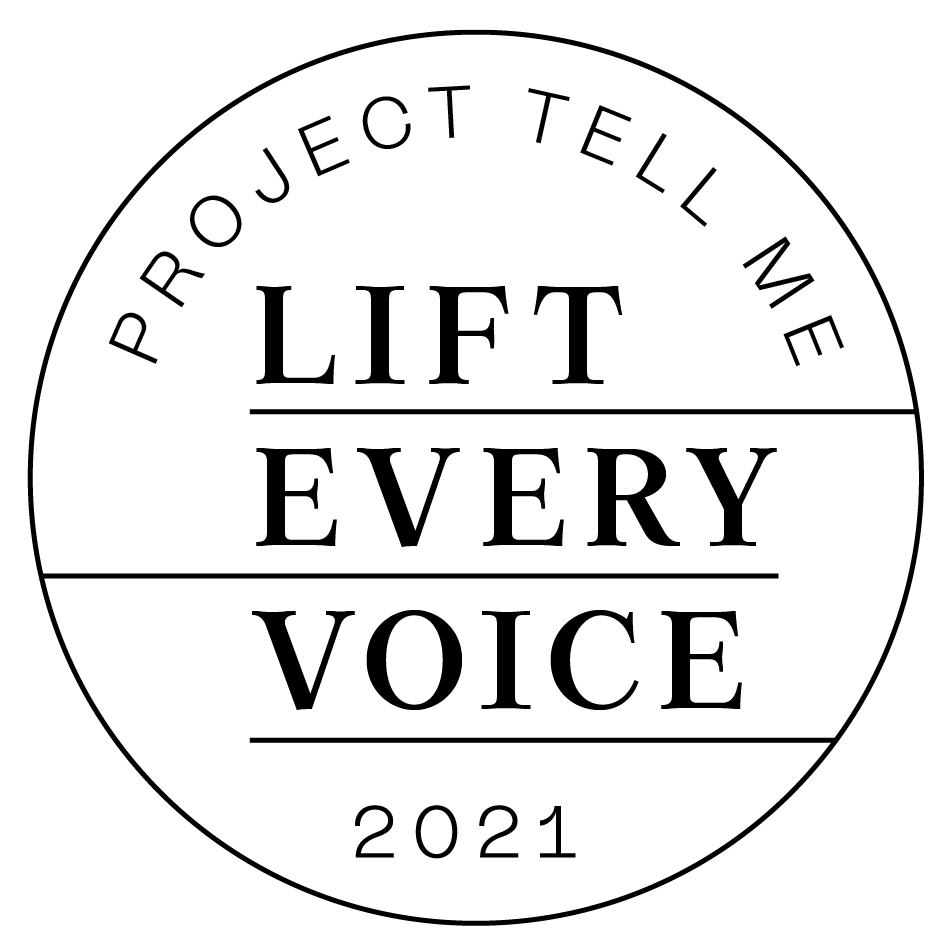
From: Oprah Daily
Source: Read Full Article
